Categories > Guides and Tips
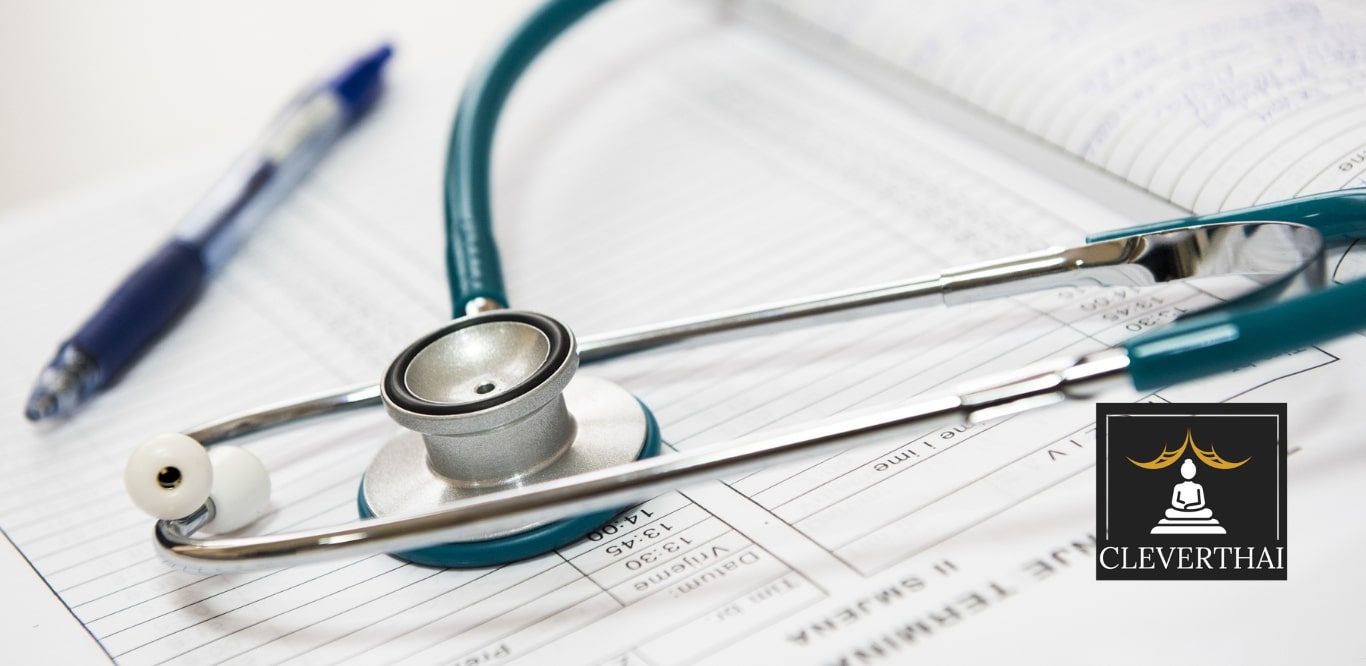
Guide on Having Medical Treatments in Thailand
- Types of Hospitals in Thailand
- Types of Doctors in Thailand
- Hospital Waiting Times in Thailand
- Hospital Costs in Thailand
- The 11 Best Hospitals in Thailand
- Bangkok
- Phuket
- Chiang Mai
- Pattaya
- Thailand’s COVID-19 Vaccines
- How to Get Vaccinated for COVID-19 in Thailand
- Testing of COVID-19 in Thailand
- Hospital Visit Procedure in Thailand
- FAQs about Medical Treatment in Thailand
If you’re staying in Thailand and need medical treatment, you may be trying to figure out how healthcare works in this country. You don’t want to make any decisions before knowing what you’re getting into.
The process of medical treatments in Thailand is quite different, so that’s something you need to figure out beforehand. Also, you may be wondering about the quality of healthcare in Thailand, and we’re also here to answer that!
In general, Thailand hospitals offer high-quality medical treatments at lower costs than Western countries, leading to a thriving medical tourism industry.
Residents and tourists can choose from a wide variety of high-quality treatment options in various facilities with moadern medical equipment and well-trained healthcare experts.
In this guide, we’ll cover everything from choosing the right hospital to breaking down the usual hospital expenses, so you can have peace of mind while receiving top-notch medical care in Thailand.
Types of Hospitals in Thailand
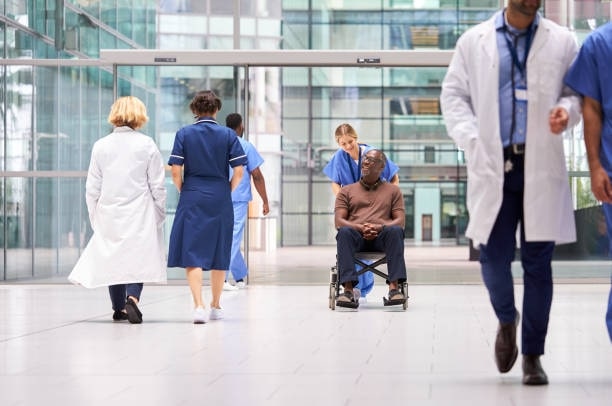
When it comes to choosing a hospital in Thailand, it’s important to consider the nature and severity of your medical condition as well as your budget and personal preferences.
Here, there are several different types of hospitals to choose from, and each has its own specialties and level of care. For example, government hospitals offer affordable medical care, while private hospitals have more specialised services and amenities.
There are also various international hospitals all over Thailand that cater specifically to foreigners and expats, with English-speaking staff and a range of international standards.
If you’re unsure which hospital to go to, it’s always a good idea to consult with a local doctor or medical professional who can help guide you in the right direction.
| Type of Hospital | Pros | Cons |
|---|---|---|
| Government or Public Hospitals | > Significantly lower costs | > Often overcrowded > Longer waiting times |
| Private Hospitals | > Better facilities > Patients can choose their own doctors > Shorter waiting times for appointments > Has amenities that make things easier for foreign patients (e.g. interpreters) | > Expensive treatment costs |
| University Hospitals | > Access to the latest medical research and technology > Has specialised clinics and departments | > Has residents (student doctors) who are still gaining hands-on experience > Expensive fees |
| Religious Hospitals | > Not-for-profit hospitals | > Some do not have advanced equipment and facilities |
1. Government or Public Hospitals
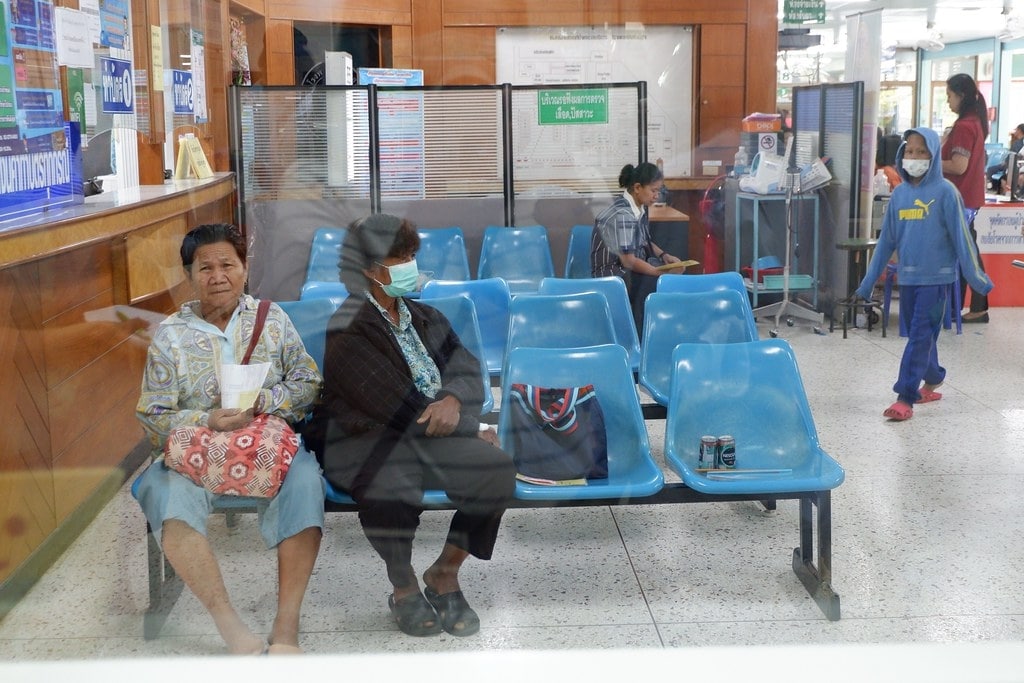
Public hospitals in Thailand provide medical care to the general public at a lower cost than private hospitals.
Although, it’s worth noting that there are several tiers of public hospitals in Thailand, ranging from small community hospitals to large regional hospitals that offer advanced medical services.
The smaller community hospitals typically give basic healthcare services. Meanwhile, the larger hospitals offer a wider range of medical services, including specialised treatments and surgeries.
One advantage of public hospitals in Thailand is that they are often more accessible to low-income patients who may not be able to afford private healthcare.
The cost of medical services in public hospitals is often significantly lower than in private hospitals, making it more affordable for those who are uninsured or underinsured.
But, one downside of public hospitals in Thailand is that they can be overcrowded, with long wait times for some medical services.
This is especially true for specialised treatments or surgeries, which can have long waiting lists. Patients may have to make appointments in advance, and some hospitals may need referrals from a primary care physician.
— From cc thai
Moreover, public hospitals in Thailand often offer additional services such as social work, counselling, and education to help patients manage their health conditions and improve their overall well-being.
Here are some of the popular government or public hospitals in Thailand:
| Hospital Name | Location |
|---|---|
| Siriraj Hospital | 2 Thanon Wang Lang, Siri Rat, Bangkok Noi, Bangkok 10700, Thailand |
| Rajavithi Hospital | 2 Phaya Thai Rd, Thung Phaya Thai, Ratchathewi, Bangkok 10400, Thailand |
| Police General Hospital | 492/1 Rama I Rd, Pathum Wan, Bangkok 10330, Thailand |
| Buddhachinaraj Hospital | 90 Srithamtripidok Road Nai Mueang, Mueang Phitsanulok District, Phitsanulok 65000, Thailand |
| Nakornping Hospital | 159 Moo 10 Don Kaeo, Mae Rim District, Chiang Mai 50180, Thailand |
| Songkhla Hospital | 666 Phuong, Mueang Songkhla District, Songkhla 90100, Thailand |
2. Private Hospitals
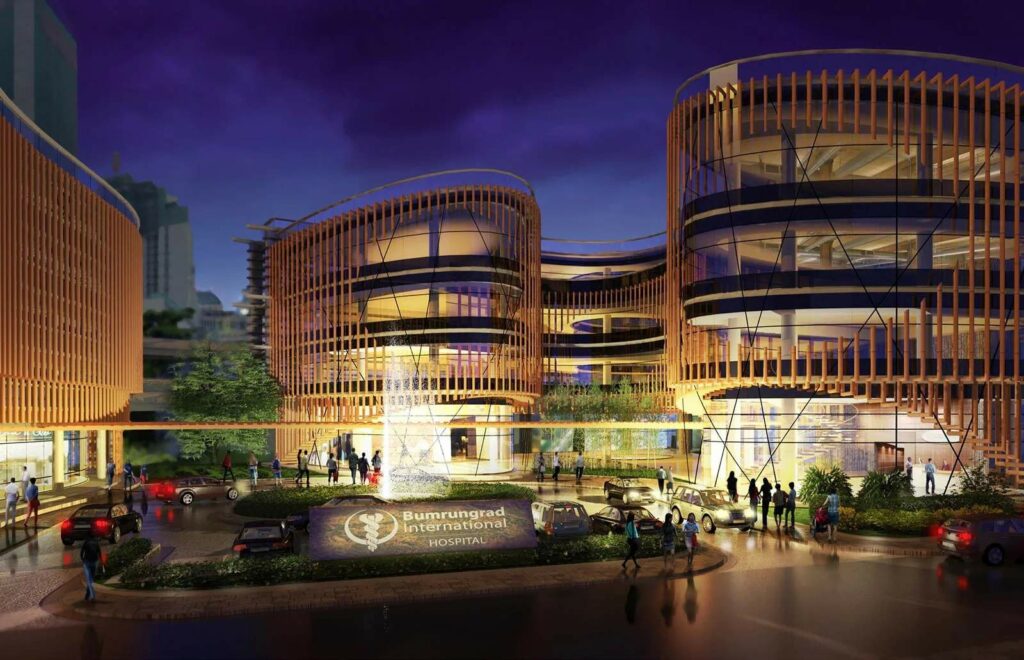
Private hospitals in Thailand are known for providing a higher level of medical care and facilities than public hospitals.
However, these hospitals are often more expensive than public ones, but they offer a wider range of medical services, like specialised treatments and surgeries that may not be available in public hospitals.
In addition to offering advanced medical care, private hospitals in Thailand also typically give a more personalised level of care than public hospitals.
Patients can often choose their own doctors and have more control over their treatment plans.
Moreover, private hospitals tend to have shorter wait times for appointments and procedures, as well as more comfortable and luxurious accommodations.
Another advantage of private hospitals in Thailand is that they often have international accreditation and standards, which can give patients confidence in the quality of care they will receive.
Many private hospitals also have language services available for non-Thai speaking patients, making it easier for foreigners to access medical care in Thailand.
Here are some of the major private hospitals in Thailand:
| Hospital Name | Location |
|---|---|
| Bumrungrad International Hospital | 33 Sukhumvit 3 (Soi Nana Nua), Wattana, Bangkok 10110 |
| Bangkok Hospital | 2 Soi Soonvijai 7, New Petchburi Rd., Bangkapi, Huaykwang, Bangkok 10310 |
| Samitivej Hospital | 133 Soi SukhumVit 49, Khlong Tan Nuea, Watthana, Bangkok 10110, Thailand |
| BNH Hospital | 9/1 Convent Road, Silom, Bangrak, Bangkok 10500 |
3. University Hospitals
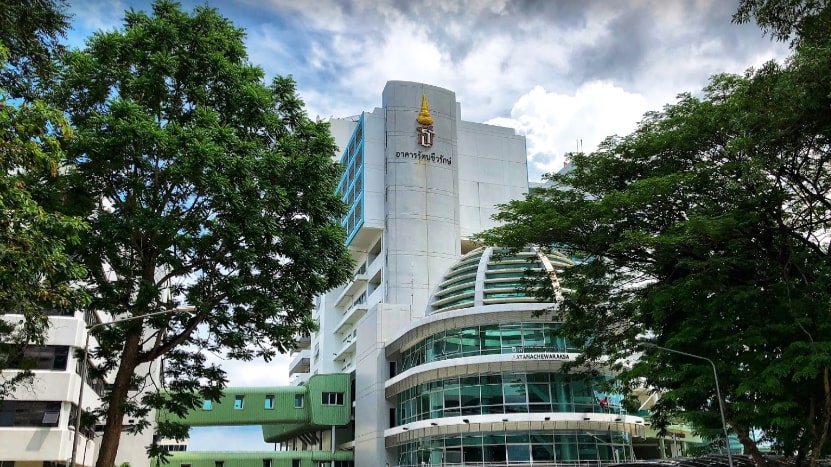
University hospitals in Thailand work closely with universities and medical schools, giving students and residents the opportunity to get practical training while working alongside experienced doctors.
These hospitals are known for offering a mix of academic excellence and clinical experience, which can lead to innovative treatments and procedures that are not available elsewhere.
This is because they have access to the latest medical research and technology.
University hospitals often have specialised clinics for a wide range of medical conditions and diseases, and provide patients with access to many experts.
The downside is that some university hospitals may not have English-speaking staff or interpreters available, which can make it difficult for non-Thai speaking patients to communicate effectively.
Also, some of these hospitals may be located in areas that are not easily accessible by public transportation, making it a bit of a challenge for patients to get there.
Here are some of the popular university hospitals in Thailand:
| Hospital Name | Location |
|---|---|
| Galyani Vadhana Karun Hospital | 99 Moo 8 Khok Khian, Mueang Narathiwat District, Narathiwat 96000, Thailand |
| Mae Fah Luang University Hospital | 38/12 Asok Montri Rd, Khlong Toei Nuea, Watthana, Bangkok 10110, Thailand |
| Songklanagarind Hospital | Kanjanavanit Soi 15 Rd, Kho Hong, Hat Yai District, Songkhla 90110, Thailand |
| King Chulalongkorn Memorial Hospital | 1873 Rama IV Rd, Pathum Wan, Bangkok 10330, Thailand |
| Maharaj Nakorn Chiang Mai Hospital | 110 Inthawarorot Road, Soi 2, Tambon Suthep, Mueang Chiang Mai District, Chiang Mai 50200, Thailand |
4. Religious Hospitals
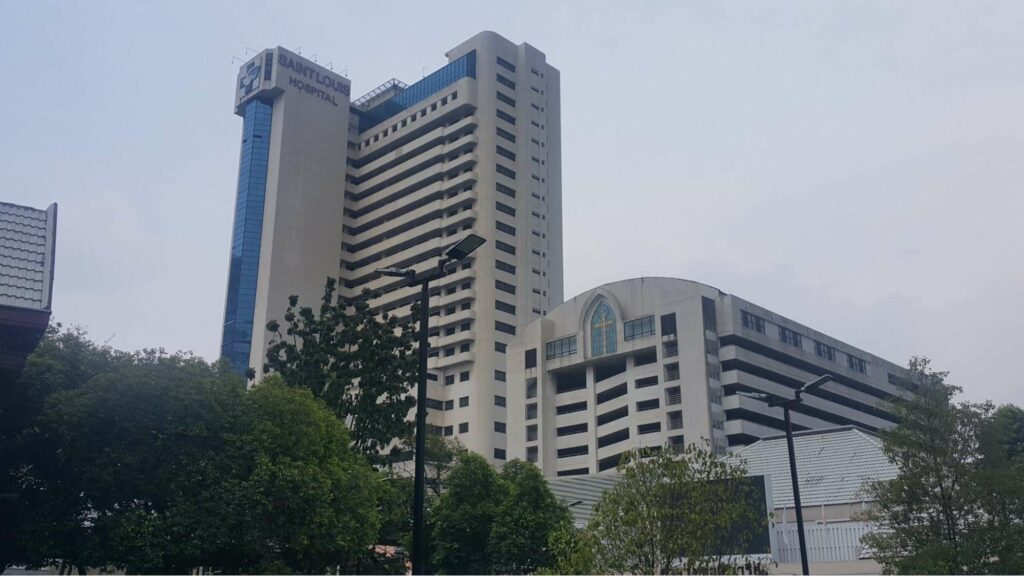
Religious hospitals in Thailand are a bit different from your typical hospital. These hospitals are run by religious organisations and their main mission is to provide medical care to all, regardless of their faith or background.
They are not-for-profit hospitals which means they don’t prioritise profits over people.
Although they might not have the most modern facilities or equipment, their medical staff is highly qualified and they offer a variety of medical services and treatments.
So if you’re looking for a more community-oriented hospital, these religious hospitals might be the right choice for you.
Aside from medical care, they often get involved in community outreach programs like health education and prevention programs, health screenings, and vaccinations.
So not only do they provide quality medical care, but they also focus on the well-being of the community.
Below are several of the renowned religious hospitals in Thailand:
| Hospital Name | Location |
|---|---|
| St. Louis Hospital | 27 S Sathorn Rd, Yan Nawa, Sathon, Bangkok 10120, Thailand |
| Bangkok Christian Hospital | 124 Silom Road, Bangrak, Bangkok 10500 |
| Camillian Hospital | 423 Thong Lo Rd, Khlong Tan Nuea, Watthana, Bangkok 10110, Thailand |
Types of Doctors in Thailand

In Thailand, you’ll encounter different types of doctors depending on the hospital you visit.
At government hospitals, there are generally three types of doctors you may meet:
- Resident doctors: These are doctors who have completed medical school and are licensed to practise medicine, but are still in the process of learning a medical specialty.
They work under the guidance and supervision of more experienced doctors.
- Fellow doctors: These doctors have completed their residency training in a specific medical specialty and are now undergoing additional specialised training in a specific field, such as cardiology, oncology, or neurology.
- Attending doctors: These doctors are experts in their medical specialty and have completed their training. They have their own healthcare team and are responsible for supervising resident and fellow doctors.
Private hospitals, on the other hand, often focus on providing patients with the most experienced and skilled doctors available. As a result, the majority of doctors you’ll encounter at private hospitals are likely to be fellow or attending doctors.
These facilities also offer access to specialised care and the latest medical technology.
If you visit high-end clinics in Thailand, you can expect to be seen by only the most experienced doctors. They typically employ fellows and attending doctors from medical university hospitals who specialise in a field, like dermatology or cardiology.
Also, the doctors in these clinics are often pioneers in medical research and are up-to-date with the latest treatments and technologies, so you can expect to receive top-notch care.
| Local tip: In Thailand, it is common to address a doctor as “Khun Moh,” which translates to “Mr./Ms. Doctor.” |
Hospital Waiting Times in Thailand
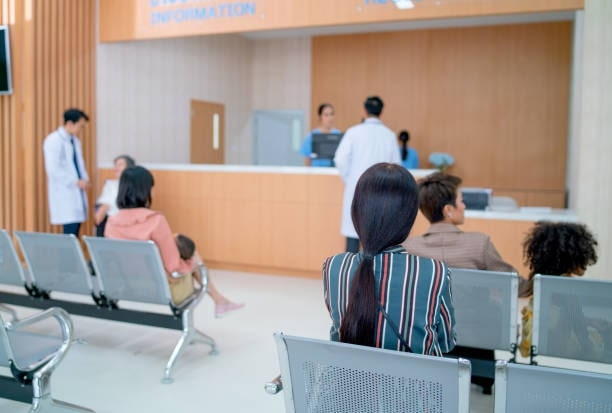
Hospital waiting times in Thailand vary based on the type of hospital and medical condition.
For public hospitals, expect longer waits for non-emergency cases, which can take months for further medical checkups, scans, or surgeries.
However, you can schedule an appointment in advance with a government hospital.
Private hospitals typically have shorter waiting times, even with same-day appointments, and offer faster results for blood tests and checkups.
University hospitals fall in between, with longer wait times due to research and education focus.
Lastly, religious hospitals may have shorter waits and personalised care, but limited options for certain medical procedures.
| Hospital Type | Appointments | Non-Emergency Cases |
|---|---|---|
| Public Hospitals | Usually not too long | Slow |
| Private Hospitals | Shorter waiting times, visit depending on the availability of your preferred doctor | Fast |
| University Hospitals | Usually not too long | Usually not too long |
| Religious Hospitals |
Hospital Costs in Thailand
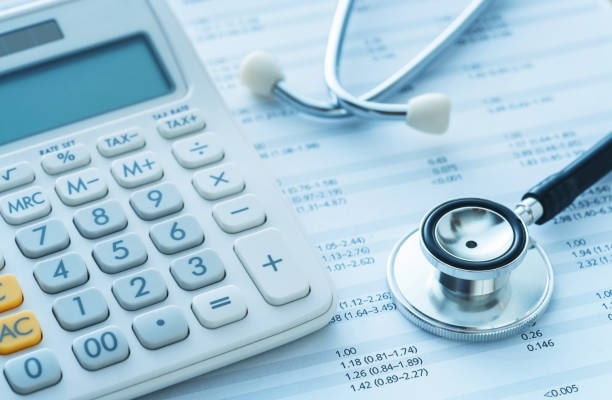
The cost of hospital expenses in Thailand can vary widely depending on the type of hospital and the medical treatment required. For a common illness, a visit to a government hospital usually costs around 300 to 500 THB per out-patient visit.
Consultations with general practitioners typically range from 150 to 300 THB, while specialist consultations can cost from 500 to 1,000 THB in public hospitals.
For inpatient treatments, the average cost for a standard room in a public hospital ranges from 1,500 to 3,000 THB per day, while a private room in a private hospital can cost from 3,000 to 7,000 THB per day.
The cost of surgical procedures can vary greatly, from 10,000 to 200,000 THB, depending on the complexity of the procedure and the hospital where it is performed.
It’s important to note that private hospitals tend to have higher fees than public hospitals, and medical tourists may be charged more than Thai citizens.
Additionally, it’s wise to have travel insurance that covers medical expenses in case of unexpected illnesses or accidents while travelling in Thailand.
| Common Hospital Expense | Average Cost |
|---|---|
| Hospital consultation fee | 500 THB – 2,000 THB |
| Prescription medication | 100 THB – 500 THB |
| X-ray | 1,000 THB – 2,000 THB |
| Ultrasound | 1,500 THB – 3,000 THB |
| CT scan | 3,000 THB – 7,000 THB |
| MRI scan | 7,000 THB – 15,000 THB |
| Surgery (minor) | 10,000 THB – 30,000 THB |
| Surgery (major) | 50,000 THB – 200,000 THB |
| Hospital stay (per day) | 2,000 THB – 10,000 THB |
| NOTE: These are just estimated average costs and may vary depending on the hospital and location in Thailand. |
The table below shows the average cost of hospital stays in Thailand, broken down by hospital type. These costs include accommodation, meals, and medical treatment.
| Hospital Type | Average Cost of Hospital Stays (per day) |
|---|---|
| Public Hospital | 800 THB – 2,000 THB |
| Private Hospital | 2,500 THB – 10,000 THB |
| University Hospital | 1,500 THB – 5,000 THB |
| Religious Hospital | 1,000 THB – 5,000 THB |
| NOTE: These are just rough estimates and the actual cost may vary depending on different factors such as the type of room, type of treatment, and hospital location. |
The 11 Best Hospitals in Thailand
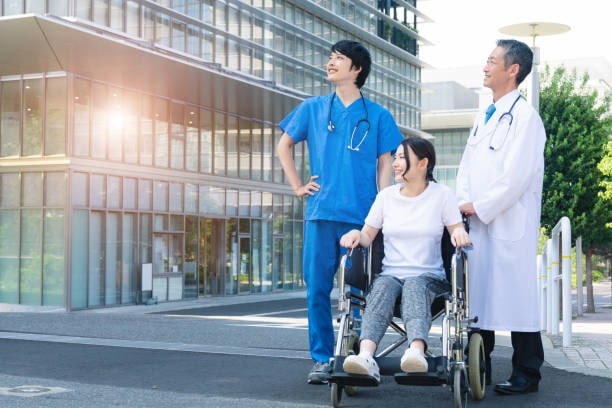
To ensure that you receive the best medical care possible in case of illness or injury, it is important to know the best hospitals in Thailand.
Thailand has a wide range of hospitals, both public and private, and their quality and services can vary.
Knowing which hospitals have the best reputation for medical expertise, modern facilities, and high-quality care can give you peace of mind and assurance that you are receiving the best possible treatment.
1. Bangkok
1. Bumrungrad International Hospital
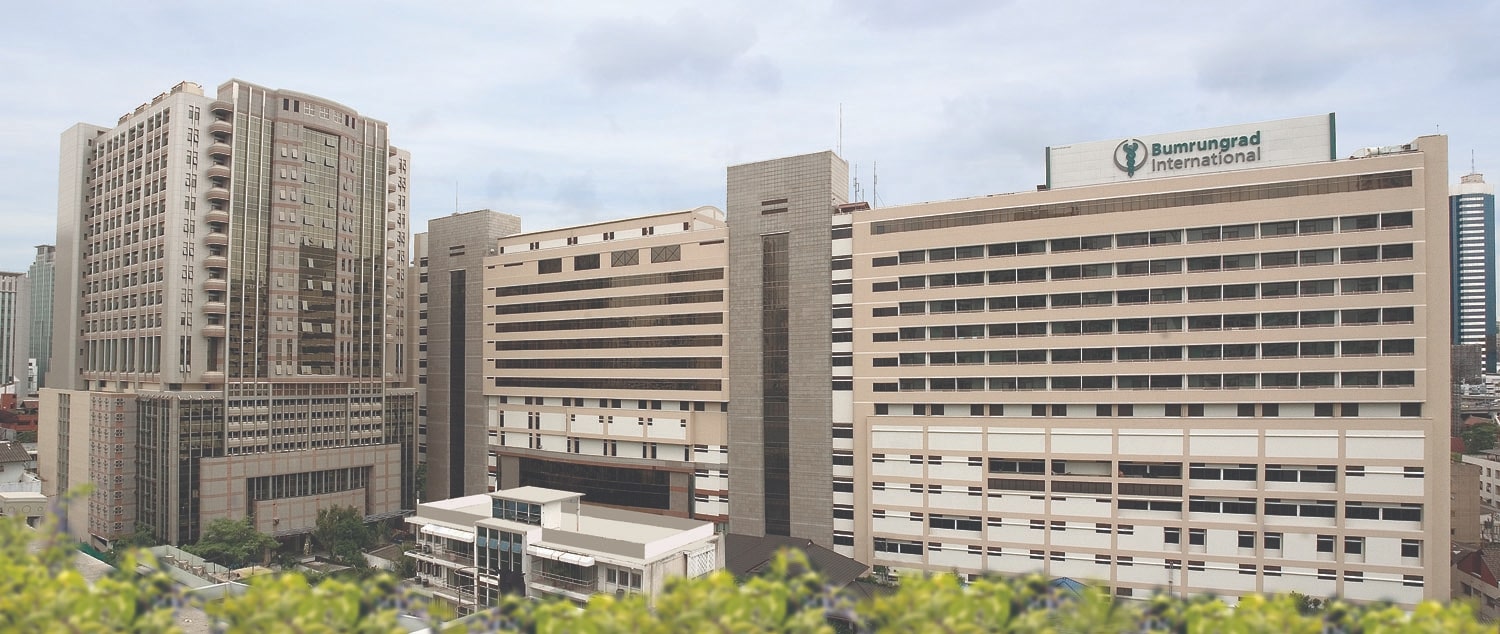
Bumrungrad International Hospital in Bangkok is an outstanding hospital with an exceptional reputation worldwide.
What makes it so special? Well, for starters, it has international accreditation, top-of-the-line facilities, and an unparalleled level of patient care.
From the moment you step through the doors, you’ll be greeted by a warm and friendly team of staff who will guide you every step of the way, from registration to discharge.
With a team of over a hundred doctors and medical professionals from all over the world, Bumrungrad offers world-class medical care across a broad range of specialties.
Another thing we like about it is it’s equipped with the latest medical technologies and diagnostic tools, which makes it a real trailblazer in medical innovation.
If you’re a local or international patient, we’re pretty confident that Bumrungrad International Hospital is committed to providing the very best in medical care, all within a comfortable and modern setting.
Although, one disadvantage of Bumrungrad International Hospital is that it is quite expensive compared to other hospitals in Bangkok.
While it offers top-notch medical services and facilities, the cost of treatment can be a concern for some patients, especially those who do not have health insurance coverage.
Location: 33 Soi Sukhumvit 3, Khlong Toei Nuea, Watthana, Bangkok 10110, Thailand
Contact details:+6620668888
Operating Hours: Daily 24 hours
Website: https://www.bumrungrad.com/
2. Samitivej Sukhumvit Hospital
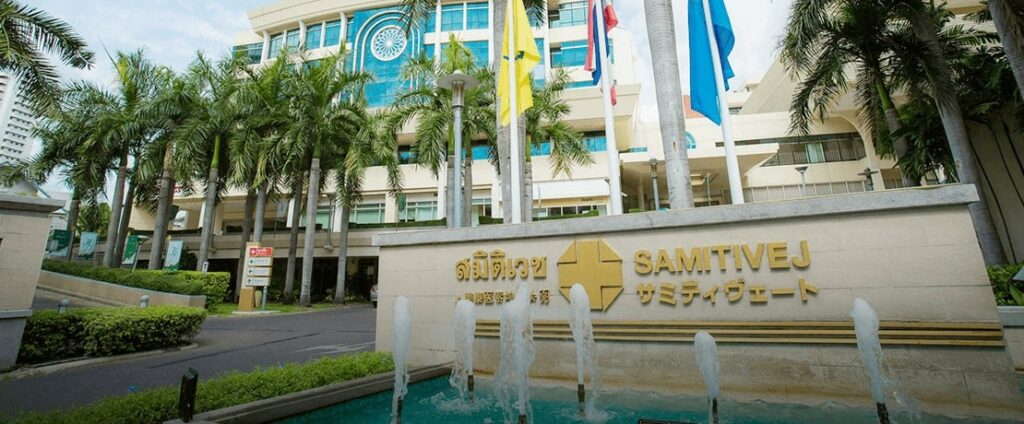
Samitivej Sukhumvit Hospital is a top-notch private hospital located in Bangkok. For us, it stands out due to its team of highly qualified and experienced medical professionals, including doctors, nurses, and other staff members.
From what we’ve seen, the doctors and staff here are dedicated to providing compassionate and personalised care to every patient who walks through their doors.
Another great thing about Samitivej Sukhumvit Hospital is they have staff members who are fluent in multiple languages, making it easy for foreign patients to communicate with their healthcare providers and receive the care they need.
Also, it’s great that their wellness centre offers a range of services, from health screenings to education on how to maintain a healthy lifestyle.
Overall, we think Samitivej Sukhumvit Hospital has you covered whether you’re in need of medical attention for a specific condition or simply want to take advantage of the hospital’s wellness centre for preventive care.
Location: 133 Soi Sukhumvit 49, Khlong Tan Nuea, Watthana, Bangkok 10110, Thailand
Contact details:+6620222222
Operating Hours: Daily 24 hours
Website: http://www.samitivejhospitals.com/
3. Vejthani Hospital
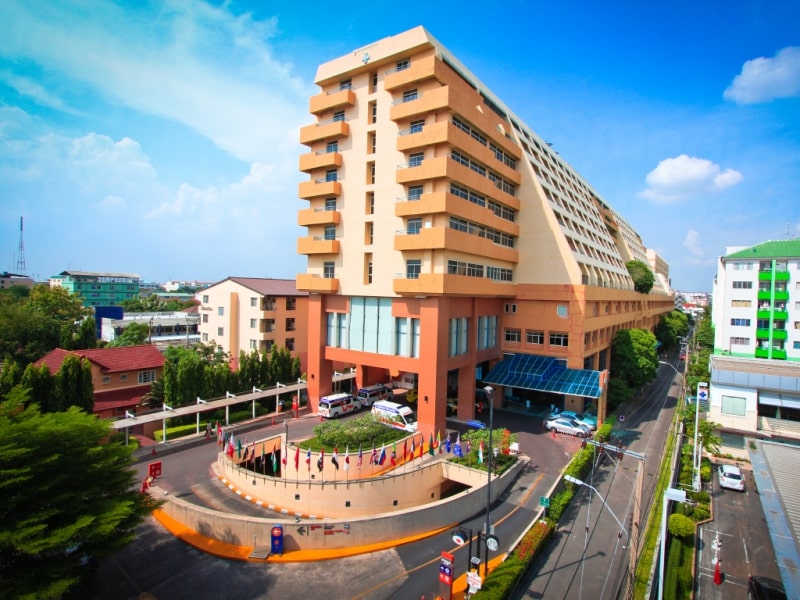
Vejthani Hospital Bangkok is another leading Thai hospital that provides personalised care to all its patients. Many people we spoke with commended the treatments they received from this hospital!
Notably, the staff and medical team here are highly skilled, befitting of the hospital’s good reputation. Also, Vejthani is equipped with modern facilities for accurate diagnosis and treatment of various medical conditions.
It also has specialised centres for cancer, rehabilitation, and fertility, making it a one-stop destination for patients with specific medical needs.
It’s also worth mentioning that medical tourists prefer Vejthani Hospital Bangkok for its excellent care. Additionally, it has amenities like private rooms, shops, restaurants, and a medical concierge service to ensure patients’ comfort during their stay.
Location: 1 Soi Lat Phrao 111, Khlong Chan, Bang Kapi District, Bangkok 10240, Thailand
Contact details: +66(0)2-734-0000
Operating Hours: Daily 24 hours
Website: https://www.vejthani.com/
4. Bangkok Hospital
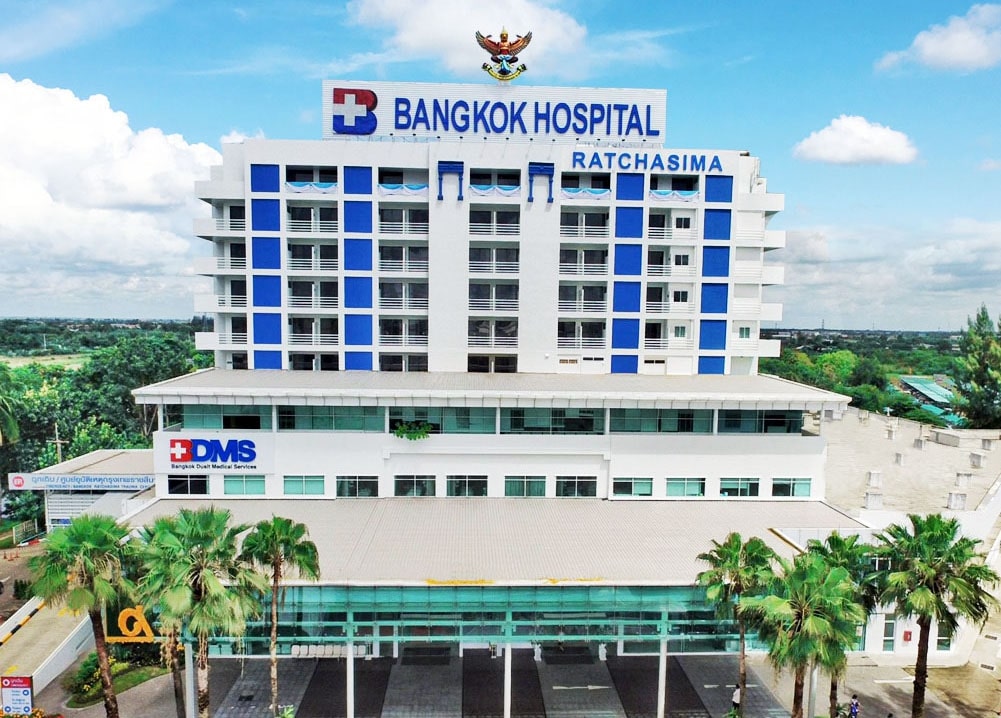
Bangkok Hospital offers a wide selection of medical services. It is considered one of the largest and most well-equipped private hospitals in Southeast Asia, with a team of highly qualified and experienced doctors, nurses, and staff.
What makes Bangkok Hospital exceptional is its advanced medical technology and innovative facilities. The hospital has invested heavily in modern medical equipment, such as modern imaging machines, robotic surgery systems, and more.
Plus, Bangkok Hospital has a strong focus on medical tourism, offering comprehensive packages for international patients that include airport pick-up, translation services, and accommodation.
Location: 2 Soi Phetchaburi 47 Yaek 10, Bang Kapi, Huai Khwang, Bangkok 10310, Thailand
Contact details: +6623103000
Operating Hours: Daily 24 hours
Website: https://www.bangkokhospital.com/
5. BNH Hospital (formerly known as Bangkok Nursing Home Hospital)
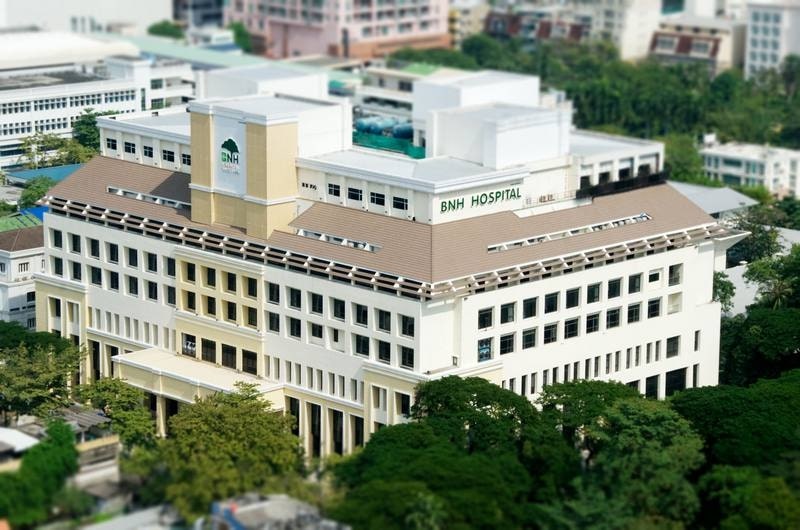
Located in the heart of the city, BNH Hospital has been serving the local and expat community for over a century. It has a team of experienced doctors and medical staff who are dedicated to providing personalised care and treatment to each patient.
Also, BNH Hospital uses advanced imaging technology, a well-equipped ICU, and modern operating rooms. We think it’s worth noting that it also offers a range of wellness and preventive health services, such as health screenings and vaccination programs.
BNH Hospital is also known for its international standards and accreditations, including JCI and HA, which demonstrate its commitment to providing safe and high-quality healthcare services to patients from all over the world.
Location: 9/1 Convent Rd, Silom, Bang Rak, Bangkok 10500, Thailand
Contact details: +6620220700
Operating Hours: Daily 24 hours
Website: https://www.bnhhospital.com/
2. Phuket
1. Bangkok Hospital Phuket
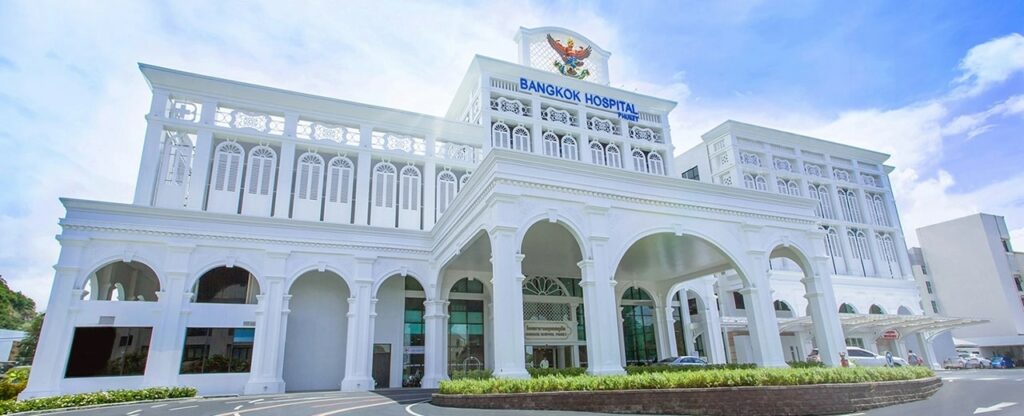
Bangkok Hospital Phuket is part of the Bangkok Hospital Group, one of the largest and most well-respected healthcare providers in Thailand.
This hospital is a modern facility with advanced medical technology, and their team of doctors and nurses is highly skilled and experienced.
They offer a wide selection of medical services and are particularly renowned for their expertise in plastic surgery.
Location: 2, 1 Hongyok Utis Rd, Tambon Talat Yai, Mueang Phuket District, Phuket 83000, Thailand
Contact details: +6676254425
Operating Hours: Daily 24 hours
Website: http://www.phukethospital.com/
2. Bangkok Hospital Siriroj
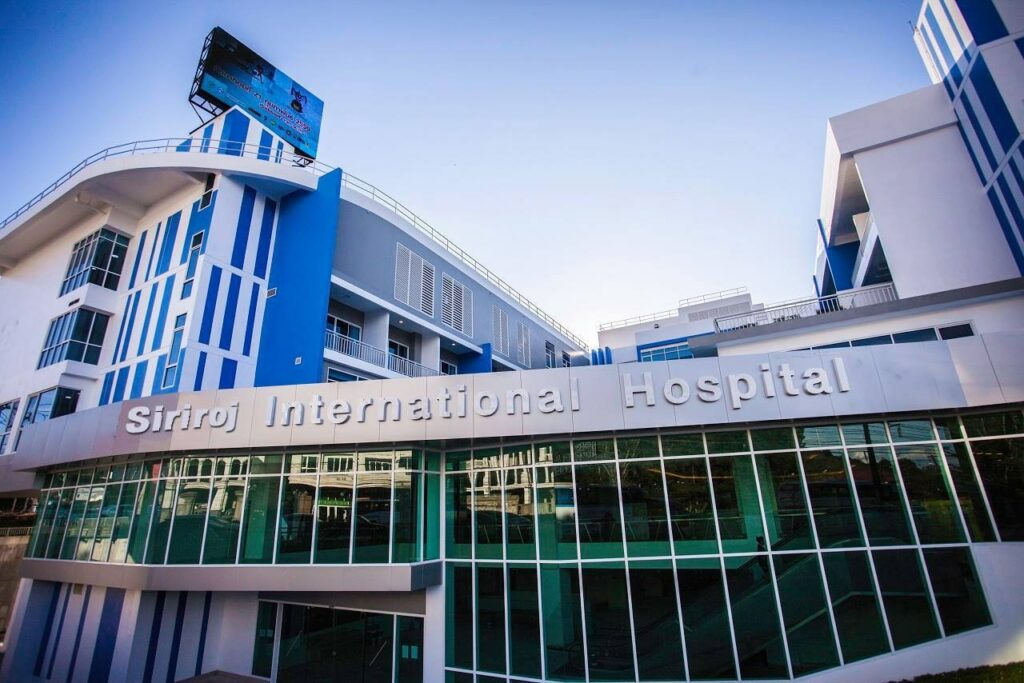
Bangkok Hospital Siriroj is a large, modern facility with a team of over 100 doctors and a wide selection of medical services.
This hospital is particularly popular for its expertise in gastroenterology, and they have a specialised endoscopy centre that is equipped with the latest technology.
It also has a dedicated international medical centre to cater to the needs of foreign patients.
Location: 44 Chalermprakiat Ror 9 Road, Wichit, Mueang Phuket District, Chang Wat Phuket 83000, Thailand
Contact details: +6676361888
Operating Hours: Daily 24 hours
Website: http://www.phuketinternationalhospital.com/
3. Chiang Mai
1. Chiang Mai Ram Hospital
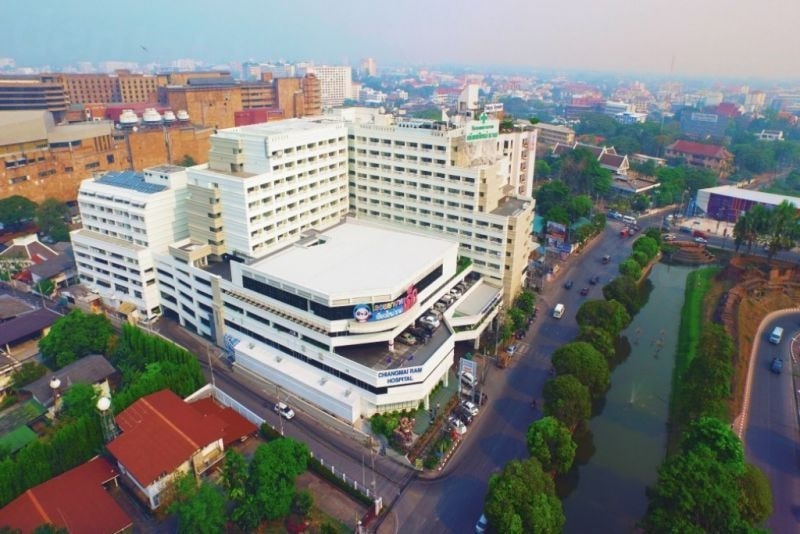
Chiang Mai Ram Hospital is one of the top-rated hospitals in Chiang Mai, with a wide selection of medical services and advanced facilities.
The hospital has over 300 beds and offers specialised medical services, such as cardiology, oncology, and neurology.
Moreover, Chiang Mai Ram Hospital is accredited by the Joint Commission International (JCI), ensuring that patients receive high-quality care that meets international standards.
It also has a reputation for excellent customer service, with a friendly and helpful staff.
Location: Si Phum Subdistrict 8 Bun Rueang Rit Rd, Tambon Su Thep, Mueang Chiang Mai District, Chiang Mai 50200, Thailand
Contact details: +6653920300
Operating Hours: Daily 24 hours
Website: http://www.chiangmairam.com/
2. Bangkok Hospital Chiang Mai
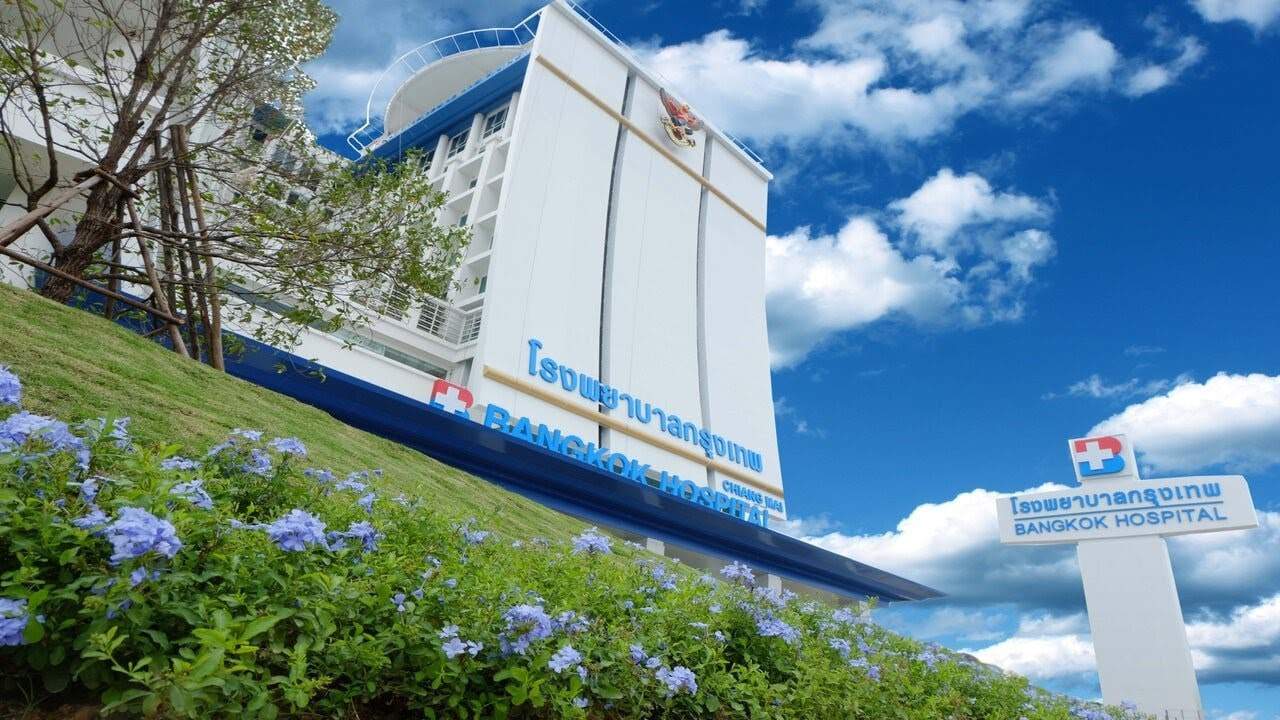
Bangkok Hospital Chiang Mai is a popular hospital that gives a range of medical services to both locals and foreigners.
The hospital has a team of highly qualified doctors, many of whom have international training and experience. Furthermore, it has advanced medical equipment and various amenities.
Bangkok Hospital Chiang Mai also has an International Medical Center. This provides specialised care to foreigners and overseas workers, like medical translation services and financial support for health care services, medications, and more.
Location: 88/8-9 Super Highway Road Chiang Mai-Lampang, Tambon Nong Pa Khrang, Mueang Chiang Mai District, Chiang Mai 50000, Thailand
Contact details: +6652089888
Operating Hours: Daily 24 hours
Website: https://www.bangkokhospital-chiangmai.com/
4. Pattaya
1. Bangkok Hospital Pattaya
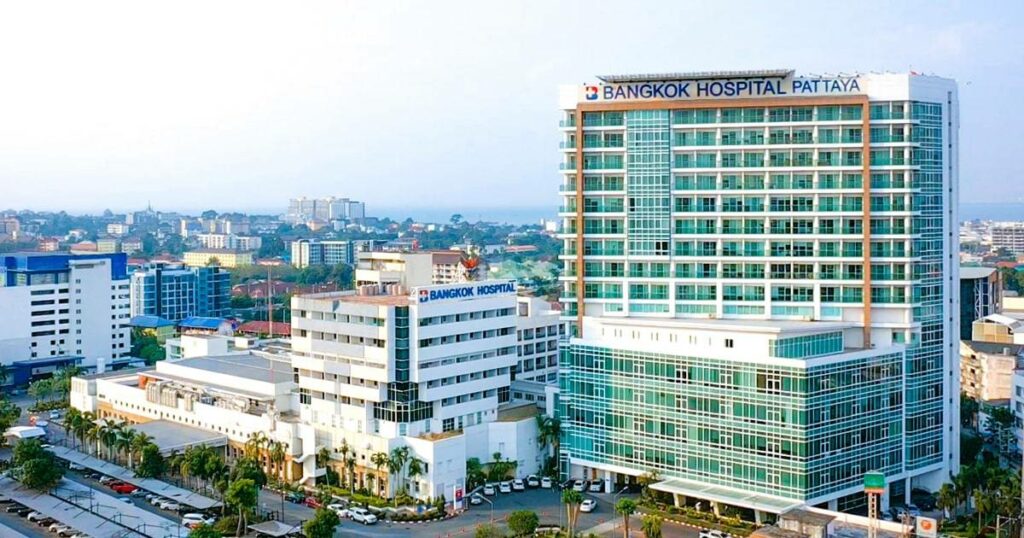
Bangkok Hospital Pattaya is known for its high-quality medical services. Notably, it has a comprehensive cancer centre as well as supportive care services for cancer patients.
Also, it has a specialised Heart Center that gives diagnostic and treatment services for heart disease and related conditions.
Notably, it has International Medical Center that caters specifically to the needs of international patients, with a team of multilingual staff who can give assistance with language and cultural differences.
Location: 301 Moo 6 Sukhumvit Road, Muang Pattaya, Bang Lamung District, Chon Buri 20150, Thailand
Contact details: +6638259999
Operating Hours: Daily 24 hours
Website: http://www.bangkokpattayahospital.com/
2. Pattaya International Hospital
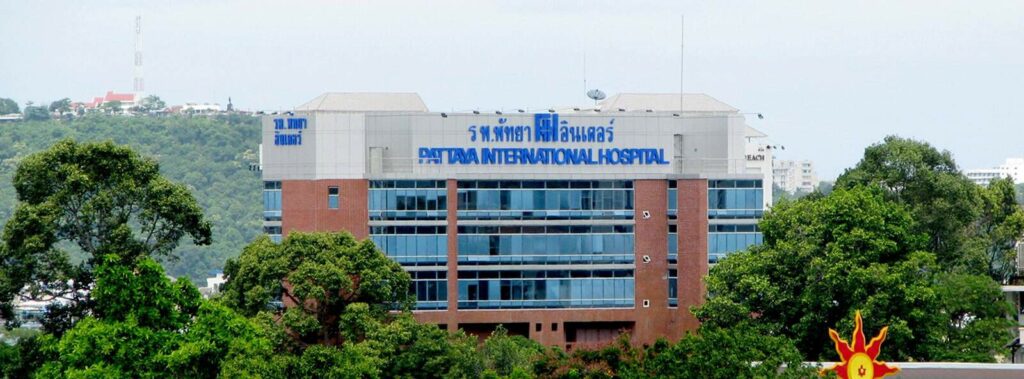
Pattaya International Hospital is a modern medical facility that offers a range of medical services to both local and international patients.
The hospital has a dedicated emergency department that is available 24/7 to give prompt medical attention to patients in need and is known for its patient-centred approach.
It has been providing medical services to both local and international patients for over 30 years.
Pattaya International Hospital is also a popular destination for medical tourists seeking cosmetic surgery, as the hospital has a dedicated cosmetic surgery centre.
The hospital also offers health screening programs for patients who want to monitor their health and prevent diseases.
Location: 255/4 Moo 9, Central Pattaya Road, Muang Pattaya, Bang Lamung District, Chon Buri 20150, Thailand
Contact details: +6638428374
Operating Hours: Daily 24 hours
Website: http://www.pattayainterhospital.com/
Thailand’s COVID-19 Vaccines

Thailand has been making efforts to vaccinate its population against COVID-19. The country’s vaccination campaign started in February 2021, with the aim of vaccinating 70% of the population by the end of the year.
If you’re a resident of Thailand, you need to get two doses of the COVID-19 vaccine to be fully vaccinated against the virus.
As of now, the roll-out of vaccination programs worldwide and vaccines from different manufacturers, like Moderna and Pfizer, are readily available in Thailand.
Besides these, the government has also authorised the use of Sinovac and AstraZeneca vaccines for public use.
The country has also been developing its own vaccines, including the ChulaCov19 vaccine developed by Chulalongkorn University and Baiya Phytopharm, which is currently in clinical trials.
How to Get Vaccinated for COVID-19 in Thailand
To get vaccinated in Thailand, you can go to any designated vaccination centre or hospital in your area.
You can also register for vaccination through the Mor Prom application, which allows you to choose a vaccine appointment and location that is most convenient for you.
— From WHOThailand
While some vaccination centres may charge a fee, several facilities still give vaccines free of charge, including the Bangrak Vaccination and Health Center.
But, regulations and eligibility criteria change regularly, and it is advisable to keep track of Thailand’s COVID situation by reading weekly situations, updates, and reports that are available online.
Testing of COVID-19 in Thailand
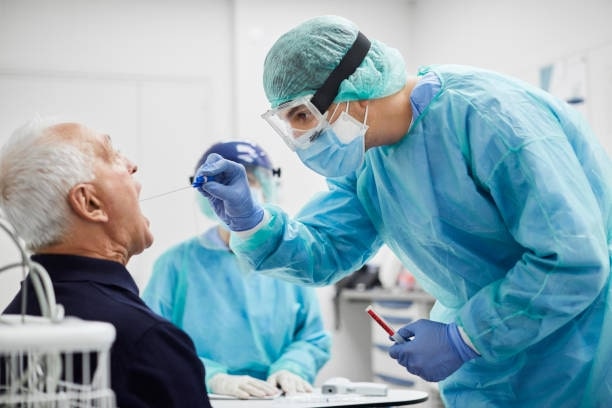
If you need a COVID-19 test, there are several options available for you.
One of the easiest and most convenient ways to get tested is by purchasing an antigen test kit (ATK) from any pharmacy or convenience store. ATK prices range from 40 THB to 100 THB.
But, if you need a medical certificate along with your test results, hospitals and local clinics give ATK test services that come with a certificate.
These services cost between 700 THB to 1,200 THB, and you can contact your chosen clinic to make an appointment.
For those who need a PCR test for travel purposes or to check for COVID-19, many hospitals and clinics (both private and public) throughout Thailand give this service.
The cost ranges from 3,000 THB to 5,000 THB and you can get same-day or next-day results.
We recommend going to Bangkok, Samitivej Hospital and CM Mediclinic in Chiang Mai to get tested since they are known for their professionalism and quick results.
Contact your chosen clinic or hospital to inquire about their services and to schedule an appointment.
It’s important to keep in mind that regulations and requirements for COVID-19 testing may change frequently, so it’s best to stay updated with the latest news and guidelines from local authorities.
| Type of Test | Price Range | Where to get | Results Turnaround Time |
|---|---|---|---|
| Antigen Test Kit (ATK) | 40 THB – 100 THB | Pharmacies and convenience stores | Instant |
| ATK Test with Medical Certificate | 700 THB – 1,200 THB | Hospitals and clinics (private and public) | Same day or Next day |
| PCR Test | 3,000 THB – 5,000 THB | Hospitals and clinics (private and public) | Same day or Next day |
| NOTE: Results turnaround time may vary depending on the chosen clinic or hospital. Regulations and requirements for COVID-19 testing are subject to change, so it’s best to stay updated with the latest news and guidelines from local authorities. |
— From Thai PBS World
Hospital Visit Procedure in Thailand

In Thailand, the hospital visit procedure typically involves several steps. Overall, it is similar to what you would encounter in other countries.
But, it’s important to note that language barriers can be a challenge, so it’s helpful to bring along a translator or Thai-speaking friend if possible.
Here is an overview of what you can expect:
1. Searching for Your Hospital
There are several ways to search for a hospital in Thailand. One option is to ask for recommendations from friends or family members who have previously received medical care in the country.
Another option is to search online, where you can find various hospital directories and review websites. You can access a comprehensive list of nearly all hospitals in Thailand on the US Embassy website.
Additionally, you can check with your travel insurance provider, as they may have a list of recommended hospitals in Thailand.
2. Registration or Making an Appointment
When you arrive at the hospital, you will need to register at the front desk. You have to give your identification card or passport, as well as your contact information.
The staff will usually ask for your medical history, and then schedule an appointment based on the doctor’s availability.
For first-time visits to government hospitals, walking in is usually required, but it’s best to arrive before opening time.
Depending on the hospital and the department, there may be a wait time for the appointment or it may be possible to see the doctor immediately.
It’s also worth noting that appointments are usually not given over the phone or online, and are only given by doctors after the initial consultation.
3. Consultation or Attending Your Appointment
After registration, you will meet with a doctor or healthcare professional to discuss your symptoms and medical history. They may perform some tests or ask for additional information to help make a diagnosis.
You may also be given a prescription for medication or referred to another specialist for further evaluation or treatment.
To ensure a smooth consultation or appointment, it is advisable to arrive at the hospital at least 15-30 minutes before the scheduled time.
This allows enough time for registration and for a nurse to conduct basic check-ups such as measuring temperature, blood pressure, weight, and height.
For initial appointments, the registration process and check-up may take longer.
In the case of government hospitals, it is recommended to arrive as early as possible, preferably around 6am, to fill out the necessary registration forms, obtain a queue number, and consult with a doctor.
— From Thai PBS World
4. Treatment or Getting Admitted
Once a diagnosis is made, your doctor will prescribe a treatment plan. This may involve medication, surgery, or other procedures depending on the nature of your condition.
If you get admitted, the medical staff will take you to a room where you’ll be staying for the duration of your hospitalisation.
The types of rooms available in Thai hospitals vary depending on the hospital’s size, location, and facilities. Private hospitals offer different types of rooms like private rooms, semi-private rooms, and shared rooms.
You will then be provided with all the necessary items like hospital gowns, bedding, and anything else you might need during your stay.
Keep in mind, government hospitals may have more limited options due to the large number of patients they treat.
In some cases, they might not even have any rooms available, so they might have to add extra beds to already crowded rooms to accommodate patients.
During your hospitalisation, you will be closely monitored by the medical staff, who will check your vital signs and administer medication as needed.
Your family and friends can usually visit you during designated visiting hours, which may vary depending on the hospital and the ward.

5. Paying for the Treatment
Before leaving the hospital, you have to pay for your treatment. Some hospitals accept insurance, while others require cash payments. Be sure to check with your healthcare provider to understand your payment options.
The cost of hospital visits in Thailand can vary depending on the hospital and the type of treatment or service needed. Generally, public hospitals offer more affordable prices than private hospitals.
It is also important to note that if you are a foreigner, you may be charged higher rates than Thai nationals.
In addition to the cost of medical treatment, there may be additional fees for services such as room and board, medication, and diagnostic tests.
These fees can add up quickly, so it is important to ask for a detailed breakdown of all costs and fees before receiving any medical services.
| Paying with Health Insurance in Thailand When it comes to paying with insurance in a hospital in Thailand, the process can vary depending on the hospital and the insurance provider. Before receiving any medical treatment, it’s essential to check whether your insurance policy is accepted at the hospital you plan to visit. You should also check what your insurance policy covers and any exclusions or limitations. If your insurance policy is accepted at the hospital, you’ll need to present your insurance card and any other relevant documents, such as a referral letter or medical history. The hospital will then verify your insurance coverage and confirm whether the treatment is covered by your policy. If the treatment is covered, the hospital will bill your insurance provider directly. In some cases, you may need to pay a copayment or deductible, depending on your policy. If your insurance policy is not accepted at the hospital, you’ll need to pay for the medical treatment out of pocket. In this case, it’s essential to keep all receipts and documentation to claim reimbursement from your insurance provider later on. In general, private hospitals in Thailand are more likely to accept health insurance and have staff who are experienced in dealing with insurance claims. Government hospitals may also accept health insurance, but the process can be more complicated and time-consuming. |
6. Scheduling a Follow-Up
Depending on your condition, your doctor may schedule a follow-up appointment to monitor your progress and adjust your treatment plan as needed.





